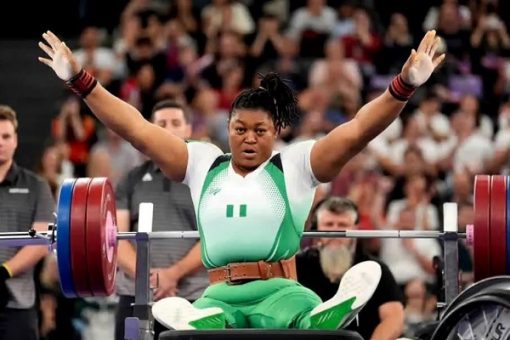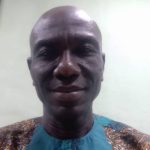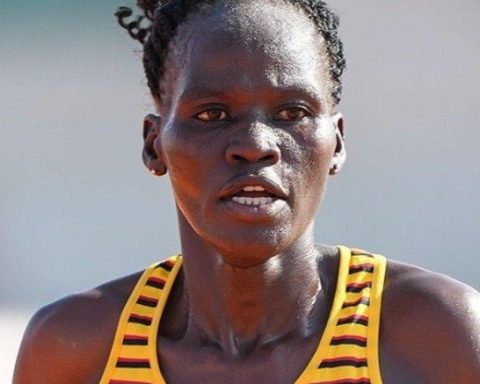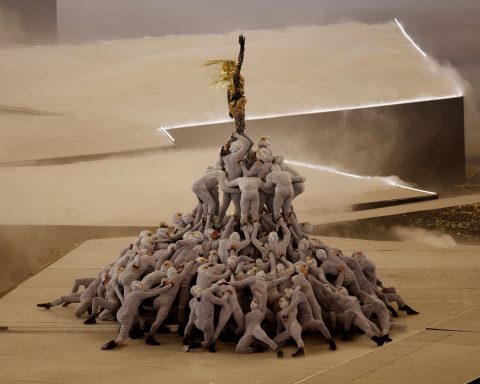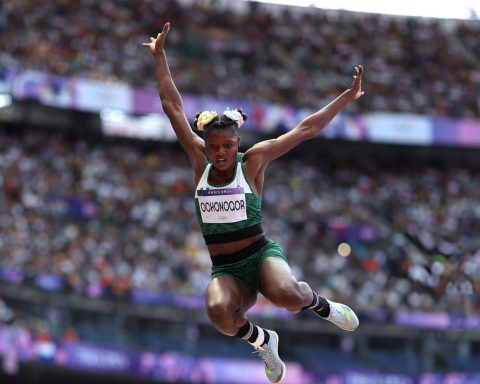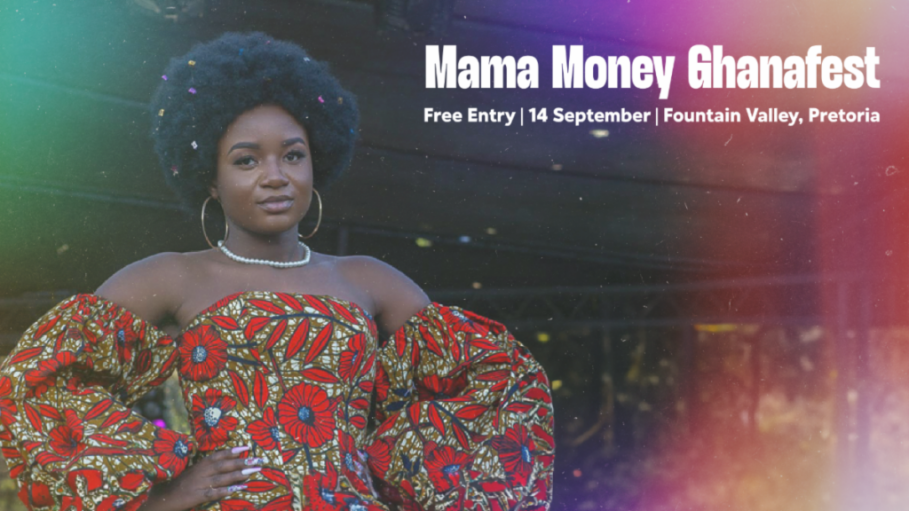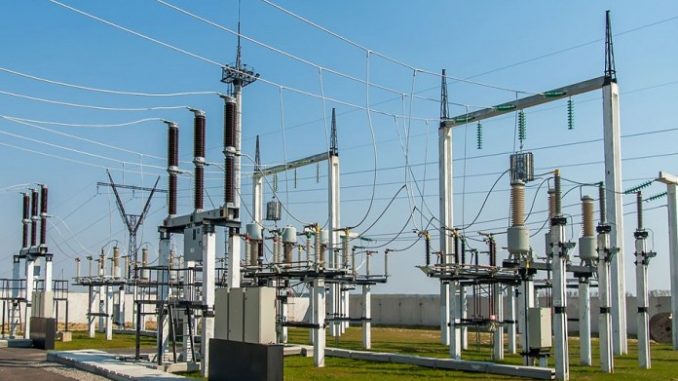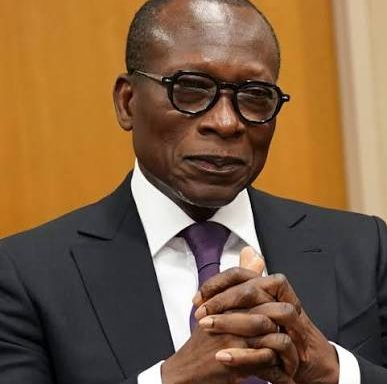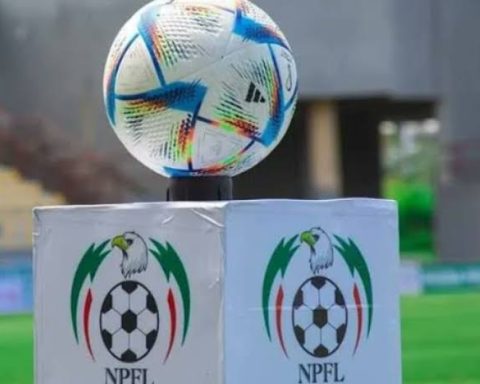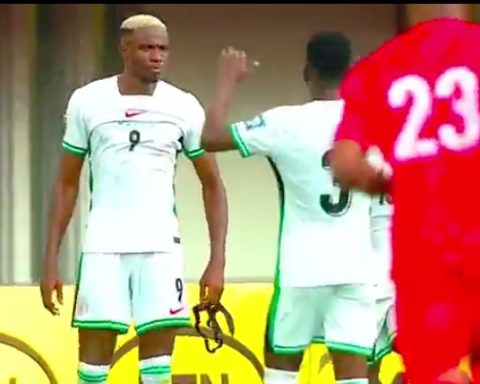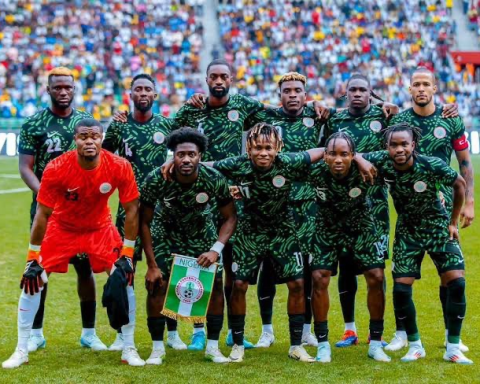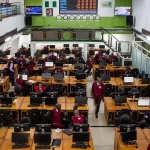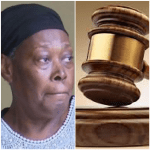The 17th edition of the Paralympic Games ended in France on Sunday, with Team Nigeria finishing 40th on the medal table with 7 medals made up of two gold, three silver, and two bronze medals.
This of course is commendable considering that the country had ended up with no medal at all in the main Olympics, which was also held in France with 88 athletes on parade.
Join our WhatsApp ChannelNigerians were not only disappointed at the outing but also called for a probe into how N12 billion was spent competing in the Olympics that produced nothing.
Aside from that, another controversy as a direct fallout from the main Olympics that held between July 28 and August 11 2024, was that of administrative blunder that denied Favour Ofili from competing in the 100m event after the NOC and AFN traded blames over how her name failed to enter the master list of the International Olympic Committee for the event.
The Minister of Sports, Senator John Enoh, even confirmed that he personally intervened in the matter and charged the two bodies to ensure that the name was included in the master list but alas it was not because international competitions like the Olympics, World Cup etc are meticulously handled with names of athletes documented ahead of the championship.
It is far from our usual fire brigade approach, where we believe that even at the 11th hour, a championship fixed four years ago can be altered to suit our whims and caprices.
READ ALSO:Team Nigeria finishes 40th As Paralympic Games Ends In Paris
Netizens called for and the minister promised to “get to the root of that blunder” and told the officers involved to get ready to offer documented explanation on their return from France.
Now, it is close to one month after the Olympics and no sign that the minister has flagged off the probe or that anyone has been queried, perhaps the issues are in usual government tray tagged “KIV” (keep In View).
This piece is however not about the main Olympics but the Paralympics Games, which just ended. It is important to note that the Paralympics Games has always been medal harvest ground for Nigeria. Primbusiness.africa notes that for those who have always followed the Paralympic Games, Nigeria winning medals has been recurring decimal since her debut in Barcelona in 1992, with just six athletes who competed in track and fields, powerlifting and table tennis.
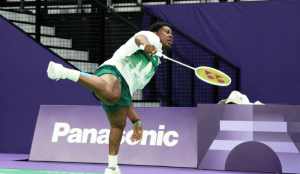
Adeoye Ajibola won two gold medals in sprint, while Monday Emoghawve won one in powerlifting as Nigeria ended up with 3 gold and ranked 21 at the end of that event.
That Para team Nigeria won medals in France is to be expected because they have always been winners with perhaps the number of medals making the difference.
Rio Record Still Remains The Best
Commendable as the seven medals won in Paris may be, it is a far cry from the past records. Finishing 21st in 1992 on the medal table and finishing 40th in 2024 alone indicates downward slide. In 1996 at Atlanta it was two silver, and three bronze medals with eight athletes.Sydney 2000 registered seven gold, one silver, and five bronze medals, total 13 medals.
At Athens 2004, Nigeria ended the event with five gold, four silver, and three bronze, followed by a further decline at Beijing 2008, winning four gold, four silver, and a bronze medal.
London 2012 witnessed an improved performance from Team Nigeria, matching their Sydney 2000 medal tally, as they claimed an impressive six gold, five silver, and two bronze medals.
Rio 2016 remains the country’s best outing with eight gold, two silver, and two bronze medals.
At Tokyo 2020, the team failed to consolidate on Rio achievement winning four gold, one silver medal, and five bronze medals.
By implication the two gold medals recorded in France is the lowest so far and in terms of ranking the lowest the country has gone.
Sliding From 21st To 40th Means More Work
A possible graph of Nigeria’s outing in the Paralympics would be a staccato of ups and downs ranking from 21 in 1992 and 1996, to 23 in 2000 and 2004, 29th in Beijing up again to 23 in London 2012, then 30th 33rd and 40th in Rio, Tokyo and Paris respectively.
It is good to hear that the Paralympic Committee of Nigeria (PCN) has rewarded the athletes who represented the country in just ended Paralympics Games in France.
PCN President, Sunday Odebode, who reportedly gave out the cash gifts to the medallists and the rest of the contingent at the Games Village in Paris, said the gesture was done to inspire them for future engagements.
Gold medallists received $1500, silver medallists $1000, and bronze medallists $500.
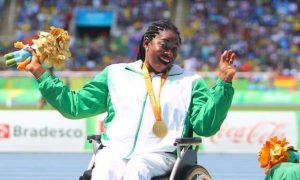
Every member of the 24-man contingent, who did not win a medal, along with their officials, received $100 each. The technical crew were also rewarded with $1000 for their guidance.
Nigeria it will be recalled competed in four disciplines; athletics, badminton, powerlifting, and table tennis.
Perhaps the question to be asked is what is responsible for this pendulum- like performance in Paralympics where Nigeria has always shown huge potentials since her debut?
No Alternative To Early Preparation And Proper Funding
The reasons are not farfetched and seldom differ from that affecting our athletes. Inadequate preparation, poor funding and delay in funds release are the usual sing song you hear from the athletes.
Sometimes poor management of time allotted for preparation also contributes, forcing the use of substandard equipment in last minute rush to meet with entry deadline set four years ago.
READ ALSO :JUST IN: Onyinyechi Mark Wins Historic Gold, Sets Record In Paris
For instance, Eniola Bolaji who won Bronze to flag off medal haul for Nigeria in Paris was actually heading for gold in the table tennis event, but a broken racket in the semifinal forced her to settle for less.
Most of their opponents don’t talk about broken rackets again as they have dozens of them and easily switch to continue their chase for laurels.
Unfortunately, it is usual to see out athletes treat their boots, rackets, and other equipment so tenderly because they only have one or two and have to manage until they can manage no more.
Sports is not a sole government affair, which explains why clarion calls are made for individual and coporate bodies to join in sponsorship of athletes and sports in general.
But again, how do you encourage them to come when taxes and tariffs hold sway, when cost of production keeps skyrocketing and energy supply continues to be a teething problem?
The only way to arrest the slide is to go back to the drawing board, ensure adequate preparation, engage professionals including nutritionist who monitor and advice on what these athletes eat and drink and follow the time table of training.
You can’t win medal in Olympics scheduled for four years if you prepare for just six months. If that happens, it is called a miracle!
Julius Okorie is Chief Sports and Entertainment Correspondent for Prime Business Africa. He began his journalism career with the Champion Newspaper and Sporting Champion and later moved on to Daily Independent and the Nation Newspapers. Okorie joined Prime Business Africa in 2024 bringing on board 20 years of experience in writing investigative news on Sports and Entertainment. His well researched and highly informative articles on Sports Business and general entertainment are followed by a wide range of audience.


